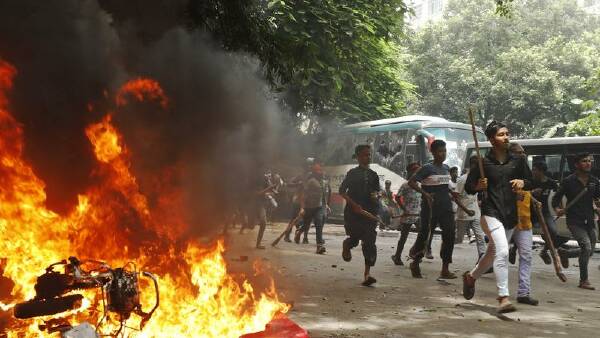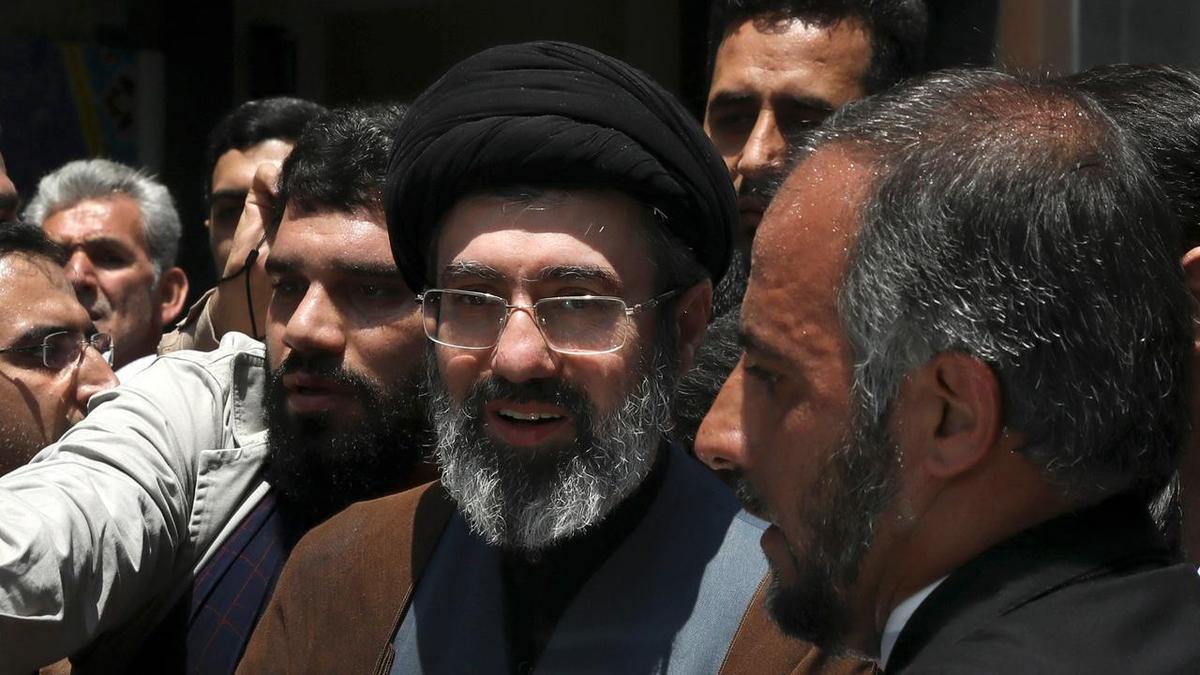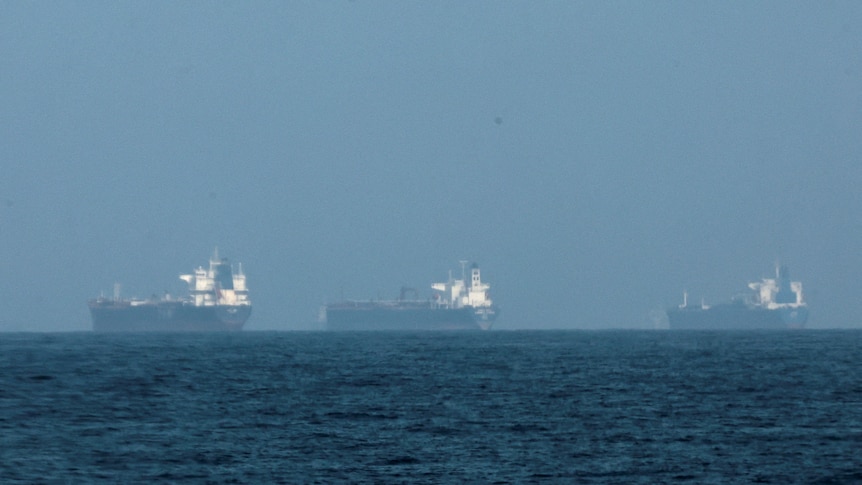
The former Prime Minister of Bangladesh, Sheikh Hasina, has been indicted on charges of crimes against humanity following a mass uprising in 2024 that resulted in the deaths of hundreds of students. This legal action marks a significant escalation in the ongoing political turmoil that has engulfed the nation since her ousting from power.
The uprising, which took place in various cities across Bangladesh, was sparked by widespread discontent over government policies and alleged human rights abuses. Protesters, primarily composed of students, demanded political reforms and accountability from the government. As tensions escalated, violent confrontations between police and demonstrators led to tragic outcomes, with reports indicating that as many as 300 students lost their lives during the unrest.
Legal Proceedings and Global Implications
The indictment against Hasina was filed at the International Criminal Court (ICC) and represents a critical moment in international law regarding the accountability of political leaders for their actions during civil unrest. Legal experts suggest that this case could set a precedent for how similar situations are handled globally, particularly in nations experiencing political instability.
Hasina, who has been living in exile since her removal from office, has denied all allegations. Her supporters describe the charges as politically motivated efforts to undermine her legacy and prevent her return to power. Meanwhile, human rights organizations have welcomed the indictment, viewing it as a necessary step towards justice for the victims of the uprising.
The political landscape in Bangladesh remains fraught with tension. The country has seen numerous protests and governmental crackdowns since the events of 2024. As the ICC moves forward with its investigation, the potential for renewed protests or unrest in response to the legal proceedings could further complicate the situation.
Reactions from the International Community
The global reaction to Hasina’s indictment has been varied. Some world leaders are calling for a comprehensive investigation into the events surrounding the 2024 uprising, while others express concern over the implications such legal actions may have on Bangladesh’s political future.
According to the United Nations, accountability for such actions is crucial for healing and stability in Bangladesh. The organization has emphasized the need for a transparent process that not only addresses the crimes committed but also seeks to foster dialogue and reconciliation within the fractured society.
As developments unfold, the international community is closely monitoring the situation. The outcome of Hasina’s indictment could have far-reaching implications, not just for Bangladesh but for the principles of justice and accountability on a global scale.
The world awaits the next steps in this unprecedented case, which could redefine the nexus of politics and human rights in nations experiencing civil unrest. With the potential for a lengthy legal battle ahead, the focus will remain on the impact of these proceedings on the people of Bangladesh and their quest for justice and reform.






